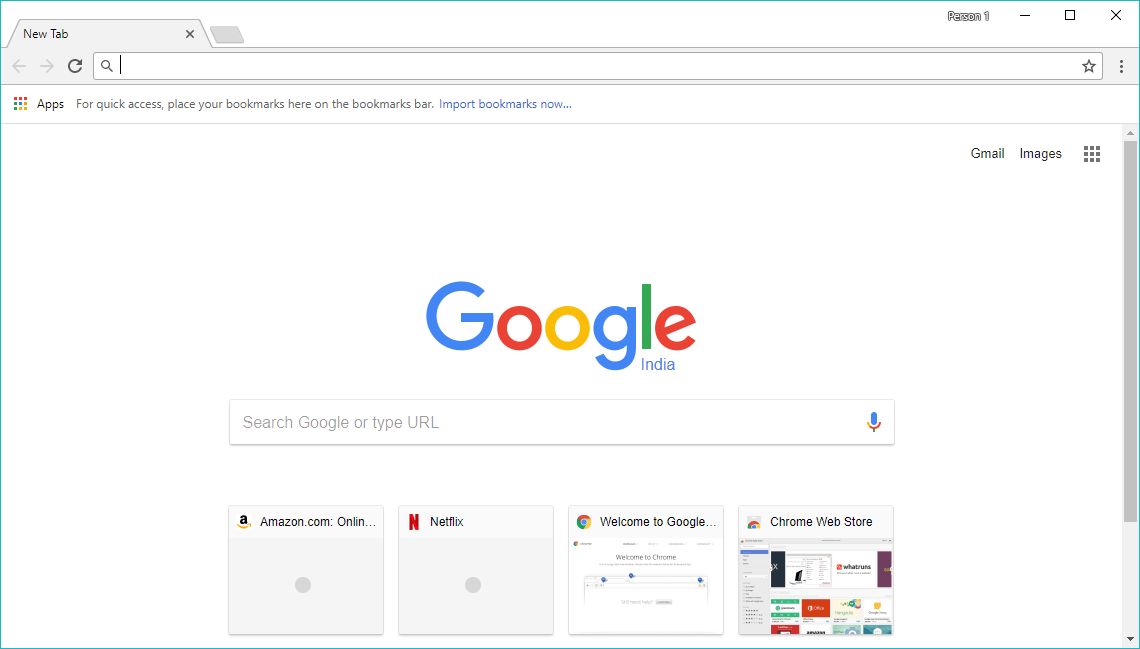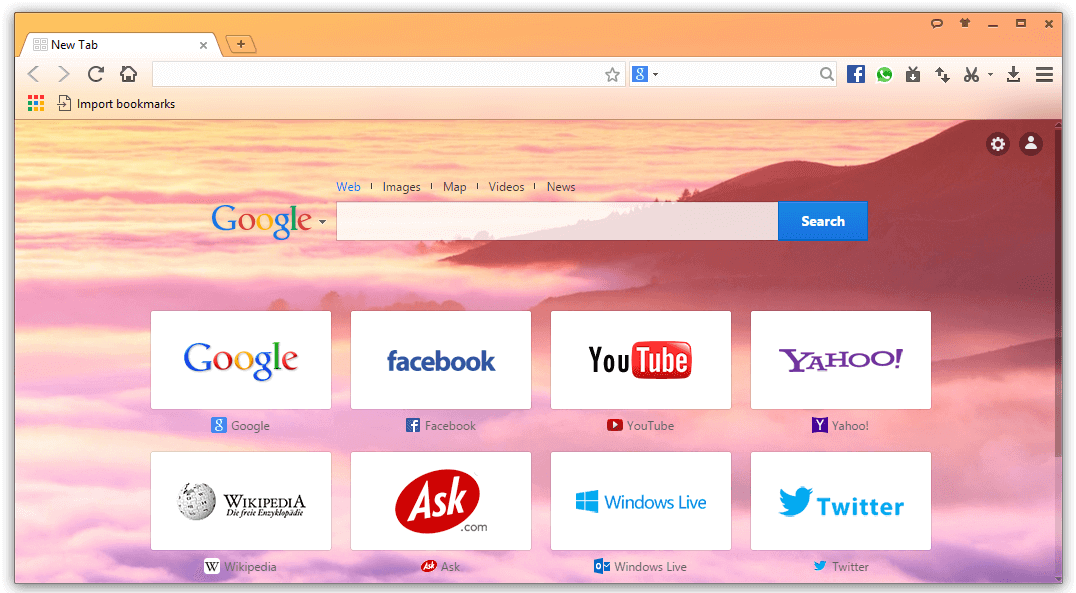

The setup programmers would need for coding will be radically different than the setup artists and video editors would need for content creation and editing! Hence some factors that are considered important for using Linux as a workstation depends upon the kind of work that you are planning to do with your machine.īut some factors are common across all types of work. As almost all the web is being run by Linux, it is a good idea to do your development natively on a Linux machine!Īs Linux is getting more and more famous lots of distros are being developed to enhance the desktop support for Linux. Linux has already captured a huge percentage of the server market and it is the most dominant player there.

That is just the short version of the answer, let’s go ahead and look at the longer and more informative version and learn what were the factors considered, what other choices you have and see why Ubuntu is chosen as the best distro for Full-Stack developers along with some valuable resources for getting started with your development quests! Winner: Ubuntu and its derivatives Runner up: Fedora Let’s start by look at the short version of the answer for those of you in a hurry to start your development activities! Let’ go ahead and explore what choice we have and analyze their differences in an attempt to choose the best Linux Distro for Full-Stack Development activities. as I think no.1 to be Brave and Chrome Both,Īnd Mozilla on second due to extensions and other wise it is also amazing.This article is for those of you who are Linux-users/Distro-hoppers who are trying to find the perfect distro to do Full-Stack web development in. These three browsers are secured and safe. yet a months ago I utilizes one more browser name brave which I have downloaded from online pursuit, interestingly, it is same as chrome completely and one all the more thing I like is builtin Ad blocker with Privacy and Track and cookies blocker you will really like this feature in browser like in mobile ads. and Furthermore I also attempts Mozilla and I experience some quick work with mozilla because it have’nt so much useful extension and generally i use 2 or 3 extension for my work and it is fast because it have very little burden as chorme have on which I runs more than 6-7 extensions, In short both are valuable and great as fast speed.

I am a user of more than 10 browsers(not locals, top listed browsers) throughout everyday life, except I am a day by day user of Chorme because of its Extensions work, with google it is very simple and easy to use. The CSS grid inspector is a game changer (as anything else related to CSS Grid, actually). My browser of choice for web development is Firefox Developer Edition, even the regular version. When I’m surfing the web I prefer Safari for its better integration with MacOS, but it’s dev tools are far from the best even on the Technology Preview version. I’m not a big fan of Chrome, but some of its dev features are very useful, especially to simulate different screen sizes. Being said all of it, I don’t think there is a better browser for development, there’s a lot of options and at some extent it is a matter of personal taste. I know, sometimes running tests and debug in every possible browser and device can become an overwhelming task but the closer you can get to that is better. Best practice is to run tests using as many different browsers as possible and at least two mobile devices, all screen size devices from tiny budget mobile phones to 4K TVs would be ideal. Every web development project hast to be debugged in every major modern browser -Chrome, Firefox, Safari and specially IE/Edge.Ĭhecking how your site or webapp works on Opera Mini or UC Browser is important, since those don’t support a lot of features but are extensively used in some regions.


 0 kommentar(er)
0 kommentar(er)
